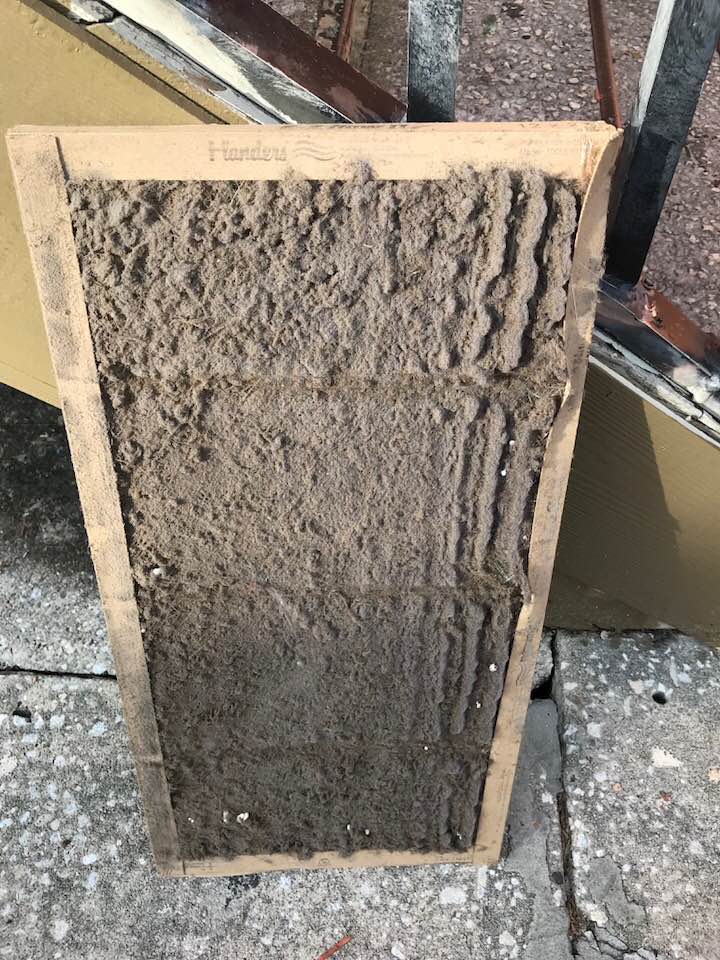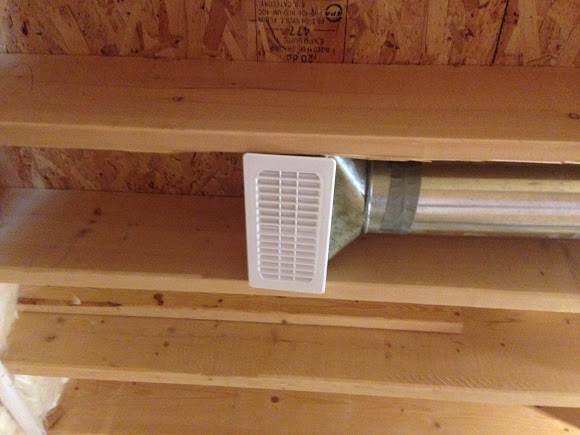An HVAC surge protector isn’t just a gimmick; it is a much-needed safeguard for your HVAC system. Household electronics like laptops, desktop computers, TVs, and even cordless phones can easily be fried by a large power surge, such as a lightning strike. It is likely that you already use at least one household surge protector to save your most important electronics. But what are you doing to protect one of your most expensive electronics: your HVAC unit?
What is an HVAC surge protector?
An HVAC surge protector is installed within your HVAC unit or near it to act as a buffer between the machine that keeps your home comfortable and any unpredictable power surges. Even small surges can cause irreversible damage.
Understanding Surge Protectors
Surge protectors are mainly used for electronics with printed circuit boards, as these can easily be damaged by sudden spikes in voltage. HVAC surge protectors were not common in the past decade because “old HVAC systems had minimal electronic parts and were majorly mechanical in nature.†However, the more modern systems today have a plethora of electronic components that need to be protected.
Understanding Power Surges
Just as there are many causes of power surges, there are also varying degrees of power surges. “Power surge†commonly refers to a sudden, drastic increase in voltage because of lightning strike or outage. But as you just read, even smaller power surges that are less noticeable can still cause damage. Every time the lights in your home flicker or you experience a “brown-out,†that is a minor power surge which causes wear and tear on your unit, damaging it over time.
Why is an HVAC surge protector important?
When most people think power surges, they think lightning and thunderstorms. However, there are many factors that can cause or contribute to a power surge. Power outages, faulty wirings, bad electrical components, downed power lines or lightning can all lead to an unfortunate end for your favorite appliance or electronic, including your HVAC unit.
It prolongs the life of your HVAC unit.
Whatever the cause, a large power surge can cause your unit to stop working immediately. Smaller surges that don’t knock your unit out of commission are still doing damage. These hidden damages might lead to premature failure of your entire system.
Newer models are especially susceptible to power surges, both major and minor because the parts of the unit that are affected (i.e. printed circuit boards) are extremely expensive to repair. So much so that it is more cost-effective to simply replace your unit as a whole.
Not sure if your HVAC unit already has a surge protector installed? Give us a call and we can help!
It saves you money.
Did you know that power disturbances cost homeowners a whopping $79 billion each year? No one looks forward to replacing their HVAC unit. Buying an HVAC surge protector might not be an expense you’ve budgeted for but it could end up saving you the cost of a whole new unit.
Right now, Gator Air & Energy is offering a storm special of $80 off HVAC surge protector installations for a limited time. There are still three more months of hurricane season to get through, and even heavy thunderstorms put your unit at risk! We recommend having your unit protected as soon as possible.
Get an HVAC Surge Protector Today
There has never been a more crucial time to protect your home and your AC unit. To make sure your family stays comfortable in the event of a power surge or lightning strike, give us a call about your HVAC surge protector options. Our experienced team is always happy to help!


 The first sign that you could be losing money through your HVAC system is that you can hear your ductwork rattling when the air kicks on. If you hear a rattling sound, that might indicate that there are leaks in your ducts, and where there are leaks there is money lost. Our
The first sign that you could be losing money through your HVAC system is that you can hear your ductwork rattling when the air kicks on. If you hear a rattling sound, that might indicate that there are leaks in your ducts, and where there are leaks there is money lost. Our 




